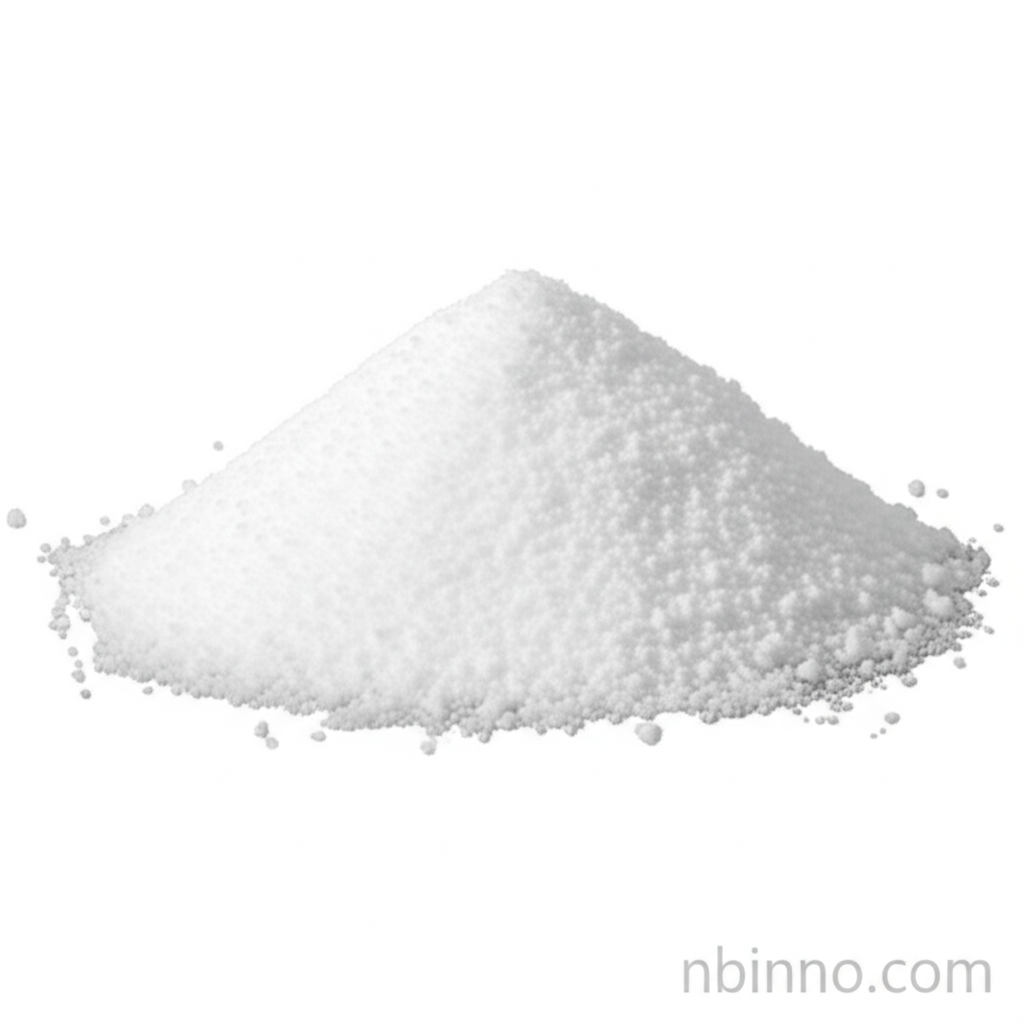Adipic Acid: Your Key to High-Performance Materials and Food Innovations
Discover the versatile applications of adipic acid, from robust nylon production to enhanced food flavors and protective coatings.
Get a Quote & SampleProduct Core Value

Adipic Acid
Adipic acid is a white crystalline powder that serves as a vital organic compound with a broad spectrum of industrial uses. Its chemical structure and properties make it indispensable in manufacturing high-performance materials and specialty products across diverse sectors.
- Explore the significant role of adipic acid in nylon production, a key component for textiles and automotive parts.
- Understand how adipic acid contributes to polyurethane synthesis, enhancing flexibility in foams and elastomers.
- Learn about adipic acid's function as a food additive, providing tartness and acting as a pH regulator in various products.
- Discover the utility of adipic acid in coatings and paints, improving adhesion and weather resistance.
Key Advantages of Using Adipic Acid
Enhanced Material Properties
Leverage adipic acid for superior textile strength and durability, a critical aspect when considering adipic acid textile finishing for vibrant and lasting coloration.
Versatile Chemical Intermediate
Adipic acid is a versatile chemical intermediate essential for pharmaceutical synthesis and plays a role in water treatment applications, showcasing its broad utility.
Improved Product Performance
The use of adipic acid in lubricants and adhesives enhances their performance, reducing friction and improving bond strength respectively, making it a valuable industrial chemical.
Key Applications
Nylon Manufacturing
Adipic acid is a fundamental monomer for producing Nylon 6,6, contributing to the strength and resilience of fibers used in carpets, apparel, and industrial applications.
Polyurethane Synthesis
In the realm of polyurethanes, adipic acid enhances flexibility in foams and elastomers, and provides superior bonding strength in adhesives.
Food & Beverage Industry
As a food additive, adipic acid provides a tart flavor and acts as a pH regulator, improving the taste profile of products like jelly powders and solid drinks.
Coatings and Paints
Adipic acid derivatives are crucial for alkyd resins, offering excellent adhesion and weather resistance for paints and varnishes, vital for protective and decorative uses.
